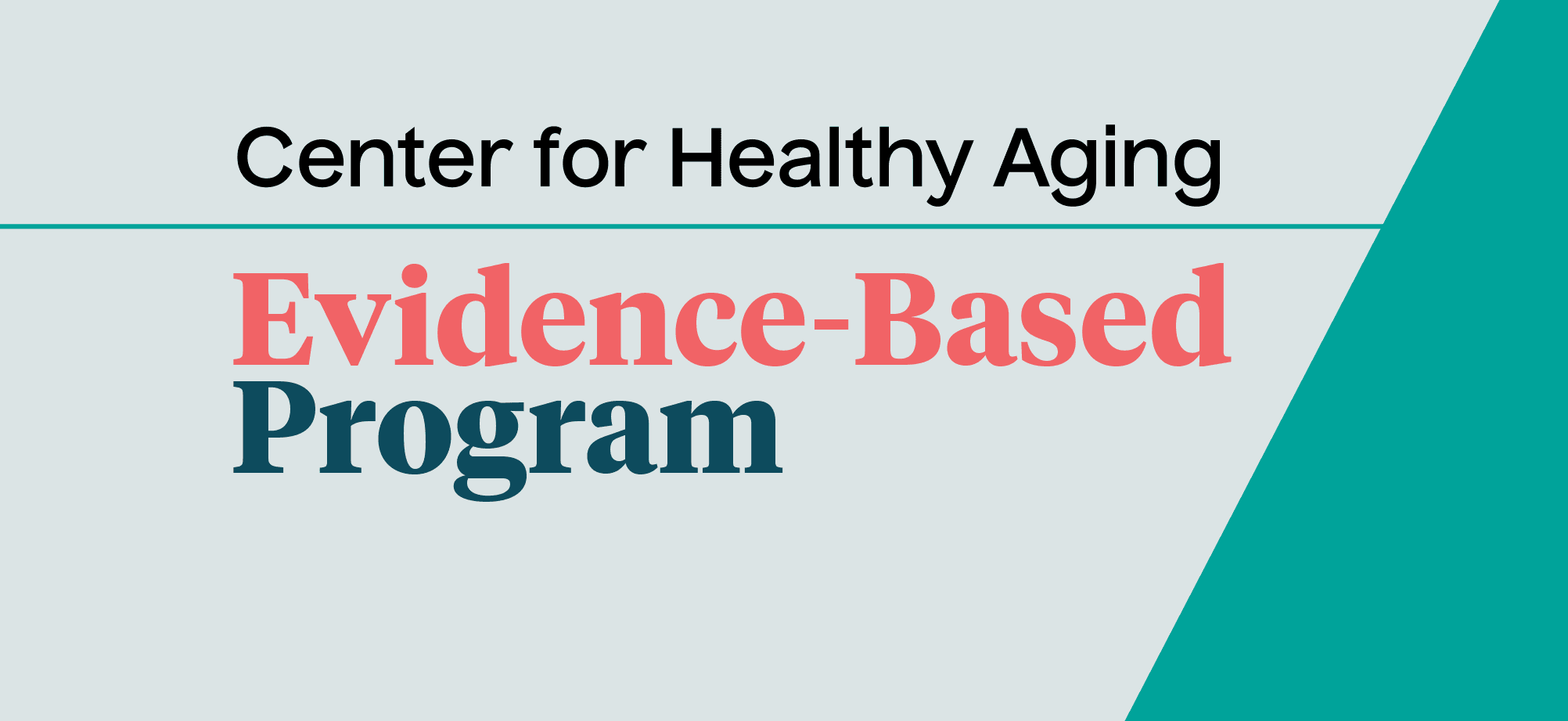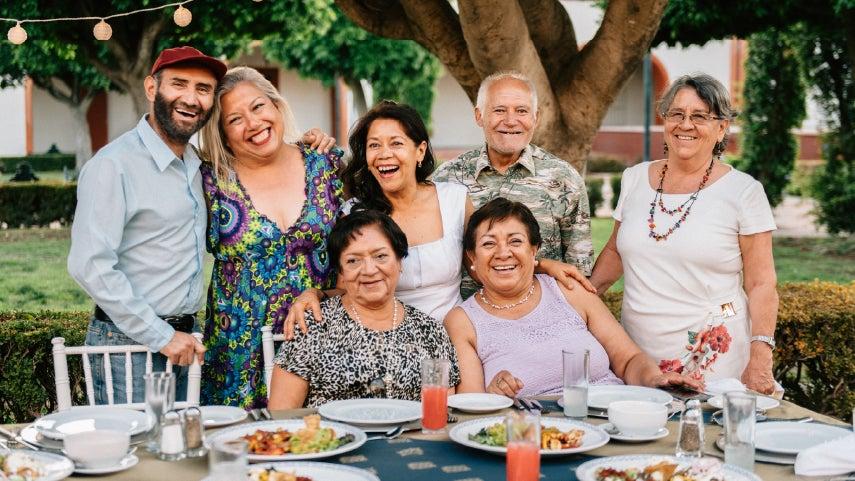Evidence-Based Program: New York University Caregiver Intervention (NYUCI)
3 min read

The NYUCI includes six sessions of individual and family counseling, support group participation, and additional counseling by telephone for the primary caregiver and family members. Each caregiver receives all components of the intervention, and is provided with ad hoc phone/email support for an indefinite period of time. A detailed intake assessment and interview, as well as periodic follow-ups, guide the counseling.
The first component consists of two individual and four family counseling sessions that include relatives suggested by the caregiver (in the original NYUCI, the person with dementia was not included, although in some implementations this is no longer the case). The content of these sessions is determined by a needs assessment of each caregiver and other participating family members (e.g., learning techniques for management of behavioral issues, and promoting communication among family members). Counselors also provided education about AD and community resources. The second component of the intervention is participation in a support group to provide the caregiver with continuous emotional support and education.
The third component of the program is “ad hoc” counseling—the continuous availability of counselors to caregivers and families to help them deal with crises and with the changing nature and severity of their relatives’ symptoms over the course of the disease. The emergence of new psychiatric and behavioral symptoms, or difficulties with ADLs, often precipitated ad hoc calls from caregivers. Ad hoc counseling makes it possible for caregivers and families to determine the amount of contact they have with the counselors beyond the scheduled structured sessions.
- Target audience: Individuals caring for people with dementia
- Health outcomes: Studies show the intervention benefits the caregiver’s mental and physical health and delays institutional placement of the care recipient into a nursing home. Caregivers report increased support from members of their networks and increased satisfaction with that support.
- Delivered by: Counseling and Support Group Intervention led by Professionals
- Program type: Both individual (caregiver and care recipient) and group components
- Format: In-person in the home, in-person in community, telephone
- Length: 6 sessions of individual and family counseling, support group participation, and additional on-call telephone consultation
- Training: Counseling professionals required to lead counseling and support group
- Professional required: Yes
- Available in languages other than English: N/A
- Cultural adaptations: N/A
- Accessibility adaptations: N/A
- Topic(s):
-
- Caregiver Support



